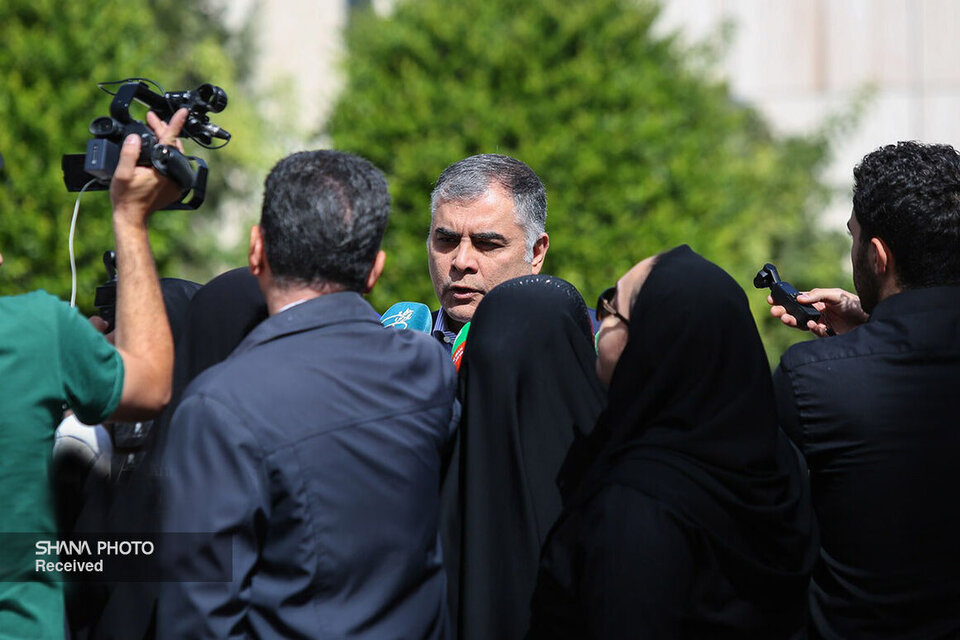“Snapback does not impose any new direct restrictions on oil sales,” Oil Minister Mohsen Paknejad told reporters on the sidelines of a Cabinet meeting. “If we face circumstances that require action, we are prepared.”
He emphasized that Iran’s oil sales team consists of “the most professional individuals,” particularly in countering and neutralizing sanctions. “We are not very worried, and our people should not be worried either,” he said.
Paknejad added that any restrictions under snapback would mainly target financial, commercial and maritime transport conditions, not crude sales themselves. “If snapback is activated, some difficulties may arise, but we have measures ready,” he said.
Gas supply imbalance a legacy of three decades
Addressing winter gas shortages, Paknejad said the imbalance in supply and demand is the result of three decades of insufficient investment and energy management. “This is not a product of one or two years,” he said. “We are now accelerating measures with the cooperation of relevant agencies.”
He acknowledged that with rising household and commercial demand in winter, the country cannot fully meet consumption needs with natural gas alone. “We compensate with alternative fuels,” he said.
On power plants, the minister said Iran uses a fuel basket of natural gas, diesel and fuel oil. “When gas supply to power plants is reduced, they turn to diesel reserves,” he said. “This year, diesel stocks for power plants have increased more than 80% compared with the same time last year, so we expect to get through winter with minimal challenges.”
Premium gasoline imports accelerating
Paknejad said imports of premium gasoline have sped up after currency allocation issues were resolved. “We will soon see premium gasoline available in major cities,” he said. Pricing will be set by private importers, who add transportation, distribution and profit margins.
Babak Zanjani debt settlement
On the long-running case of businessman Babak Zanjani, Paknejad said part of his debt to the Oil Ministry was settled years ago through assets transferred to the ministry, while other portions are still in the process of settlement. “We will comply with whatever the judiciary determines as the final ruling,” he said.
Fuel for agriculture
The minister also noted that fuel supply for agricultural machinery is aligned with regional crop patterns and quotas are being met. “The National Iranian Oil Products Distribution Company implements these allocations, and the same method will continue,” he said.


Your Comment